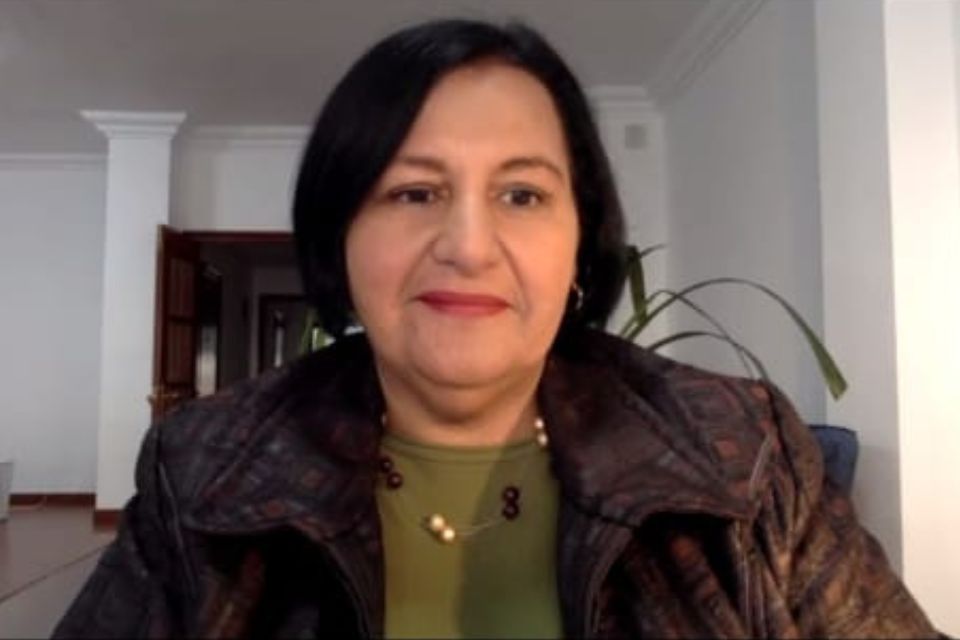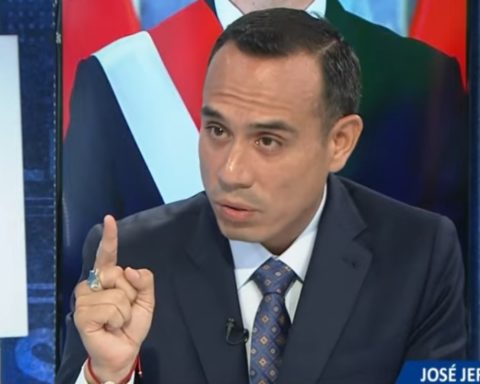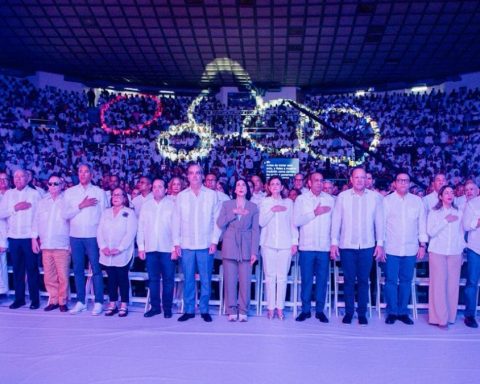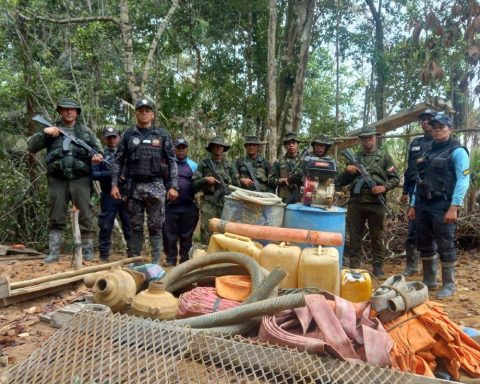was closed today (31), at the Brazilian Press Association (ABI), in Rio of January, the 1st National Journalism Week. The last panel of the event brought specialists to discuss the national situation and the communication challenges. The participants reflected on the behavior of the press in the political and ideological disputes that moved the country in recent years, with emphasis on the advance of the extreme right, fake news and undemocratic acts.
The first to speak at the event was journalist Tereza Cruvinel, former president of Brazil Communications Companywho is currently a commentator and columnist on TV 247. She criticized the performance of the mainstream media in recent decades and defended the rescue of the fundamentals of the profession.
“The fact is that we have not learned to deal with fake news. And an important thing to neutralize them is the production of quality journalism, either by conventional media or by complementary media, such as independent and public ones. In this context, I think it is very important to rescue journalism that is attentive to its historical commandments, which was so important between the end of the dictatorship, in 1985, and the first inauguration of President Lula. After 2003, we saw the media, in general, slipping into an opposition media, towards the confusion of its own role, which neglected the commitment to verification and the truth due to political-ideological interests”.
Helena Chagas, former minister of the Social Communication Secretariat of the Dilma Roussef government, and partner and columnist for the site The Divergent, followed similar reasoning. She understands that current journalism has had its informative role distorted and what has been predominating are opinionated and partisan content. This would be one of the reasons for the growth of extremist ideas.
“We are going through a transition that I think is very dangerous, because it involves a business model and, in the end, opinion is being increasingly valued at the expense of pure and simple information. It’s a different kind of journalism, it’s a different business model, and I don’t know if we’re going to be able to rescue that journalism that we learned to do”, said Helena Chagas. “The main thing is that the majority of vehicles focus on democratic consolidation. Communication plays a very important role in combating coup d’état, guaranteeing democracy and elections”.
Journalist and writer Fernando Molica, who has worked for companies such as Newspaper, Globe It is CNNreinforced the impact that social networks and content segmentation made by algorithms had on the process of political radicalization in the country.
“If the person is aligned with Trump and the US extreme right, for example, they will only receive news on the subject. This, over time, generates a difficulty in dialogue that is very complicated. Because the press has always had this possibility of dialogue. There was a discussion and the press participated more actively in this process of mediating the events”, said Molica. “We need to think about how to recreate the role of the press, of journalism, as a mediator in society. It is not a neutral, exempt role. That does not exist. What exists is honesty in relation to the facts. And we are losing this role of mediation”.
the president of Brazil Communications Company (EBC), Hélio Doyle, closed the debate table and proposed a reflection on the paths that led a large part of society to discredit journalistic work in favor of other forms of communication of a moreto have doubtful. For him, it is important that the media, whether those of great circulation, alternative or public, speak to all social groups. It would be a way to reduce segmentation and partisanship in journalism.
“Plurality is fundamental to journalism, it is inherent to good journalism. All sides must be heard, plurality has to manifest itself and journalism has this obligation to reflect the diversity of Brazilian society”, said Doyle. “Every debate is positive. We need to better understand the emergence of social networks and digital media, to work with this new reality. So, the debate is fundamental”.

















